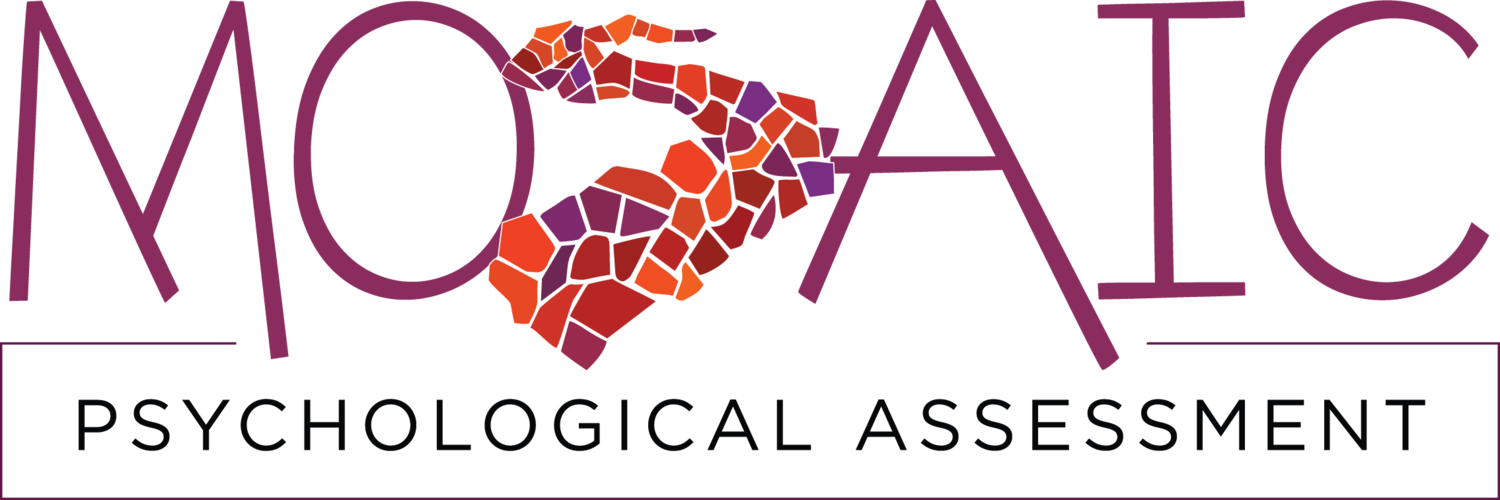“At the center of your being you have the answer…”
— Lao Tzu
What is collaborative/therapeutic assessment?
Collaborative/therapeutic assessment was developed to make psychological assessment more client-centered. Over time, it has come to be seen as a short-term intervention, using psychological tests to deepen understanding and change lives. The goal is not just to get test results, but to work toward change in your or your loved one’s life. While collaborative/psychological assessment fits within the broader category of psychological assessments, it is unique at nearly every step in the process. It is focused heavily on collaboration with you, your support persons, and your therapist (if applicable). Each step of the way, you and I will work to put the testing results into context of your everyday experiences.
What is unique about collaborative/therapeutic assessment compared to other psychological testing?
There are many differences between collaborative/therapeutic assessment and other forms of psychological testing. First, clients and/or support persons ask regular questions in everyday language. These questions are written down by the psychologist and referenced throughout the testing process as you work together to see if some of the testing results answer those questions. A second difference between collaborative/therapeutic assessment and other psychological assessments is that testing results are reviewed frequently throughout testing to deepen understanding and to help you and the psychologist decide if other tests might be helpful to add.
Third, after the process is complete, you get a letter instead of a report (which is down-to-earth and uses everyday language). The letter includes the exact questions you asked and is focused on what you want to know. The letter minimizes the psychological jargon and unnecessary information that most people don’t read from a standard psychological report. (Although there are some cases where a standard report is needed for your best interest and if so, I can certainly provide that as well). Fourth, assessments with children or teens include a separate letter or personalized story for your child to have to help them remember the insights they gained about themselves. Fifth, it is common to test multiple family members at the same time and talk together about how your individual results might be influencing patterns within your family overall. Sixth, final discussions of results typically involve more than one session to make sure you have a plan and really understand what the tests suggest about your questions. These discussions eventually include your child, if they are the one being evaluated, so that they get an explanation about their results directly from me in age-appropriate language. Lastly, it is common to have one or more follow-up sessions a few months after the assessment is completed, in case you have new insights to share or want to return to discuss some of the results for any reason.
Would this type of assessment be inappropriate for anyone?
Yes, there are some clients for whom this assessment is less likely to be appropriate. Sometimes you or your loved one need a more specialized assessment to answer your questions. For example, if you or your loved one has a suspected brain injury or developmental disorder (e.g., autism), such conditions would be best evaluated within a neuropsychological assessment. Additionally, those who need an evaluation as part of a court proceeding (e.g., custody evaluation, parent evaluation, insanity plea, capacity to stand trial, or psychosexual evaluation) are often best served by a forensic psychologist.
“When you know yourself you are empowered. When you accept yourself you are invincible.”
— Tina Lifford
